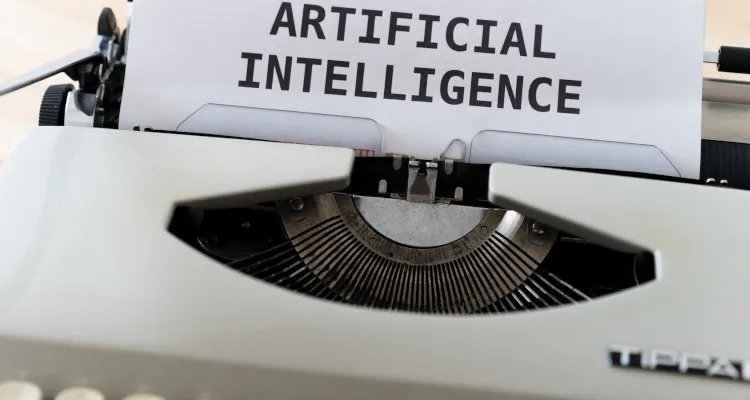Photo Credit: Markus Winkler
Are AI-powered bots attacking Spotify? That’s the question some are asking after one listener uncovered what appears to be a single track uploaded north of 50 times under various titles and connected to an array of artist profiles.
This newest twist in artificial intelligence’s rapidly evolving music industry role emerged on Twitter, where a user named Adam Faze just recently disclosed that he’d “stumbled upon the weirdest thing” while using Spotify.
“on a spotify radio this week, 1 song annoyingly kept playing,” penned the self-described “studio chief” of an entity called FazeWorld. “except every time I looked, it was a different song name and artist entirely. so I started keeping track. here’s 49 of them.”
The 49 almost-identical works, each spanning either 41, 53, or 76 seconds, are featured on a playlist entitled “these are all the same song.” Predictably, the “artists” behind the instrumental tracks, Grakk (2,108 monthly listeners), Moditarians (980 monthly listeners), and Bones (2,309 monthly listeners) among them, seem to specialize solely in creating songs that run less than one minute apiece.
Besides remaining live on Spotify at the time of this writing, the 49 tracks in question (as well as additional uploads of the same song, “released” under titles not included in the playlist) were available to stream on certain competing streaming services.
“Trey Dawson,” for instance, has also contributed “Isabelle Morninglocks” to Amazon Music and YouTube (where the song, the lone track on an “album” of the same name, is attributed to “WorldMusicOfficeFrance”) but not to Tidal. (French business-registration records link WorldMusicOffice to an individual who per his LinkedIn profile specializes in artificial intelligence.) Though extremely similar in substance and in length, as mentioned, the playlist’s works vary slightly – and evidently enough to prevent automatic takedowns.
One Twitter user asked the aforesaid Adam Faze about the circumstances surrounding the discovery of the many songs at hand. In response, Faze – whose namesake company, FazeWorld, is billed on Twitter as “a media conglomerate in the making” and links to a seemingly single-page website – communicated that the much-repeated track “was starting to be every other song after a while.”
In any event, observers have offered multifaceted explanations as to how and why AI songs look to be proliferating on Spotify and elsewhere – drawing attention to, among other things, the sizable piece of revenue that the Stockholm-headquartered business pays to music rightsholders.
But it bears reiterating in conclusion that “fake” artists, referring specifically to profiles created for people and acts that aren’t attempting to earn a living with music and (save for their digital presence) don’t exist, are hardly new.
Back in March of 2022, the Swedish Musicians’ Union spoke out against fake artists’ prevalence on Spotify, and “white noise” uploads have been racking up more than a few plays (and sizable royalty payments) for years now. Free from concerns about disappointing fans, customers, or critics – and now boosted by the far-reaching capabilities of artificial intelligence – these and similar profiles can safely be inundated with AI music under the present system, evidence suggests.
Of course, the AI-fueled explosion of generic music (as well as audio that’s not music at all) is making it harder yet for proper artists to stand out from the crowd and earn a living. And with the underlying technology still in its infancy, it’ll be worth monitoring the situation, whether an anomaly or a harbinger of a troubling reality to come, moving forward.

